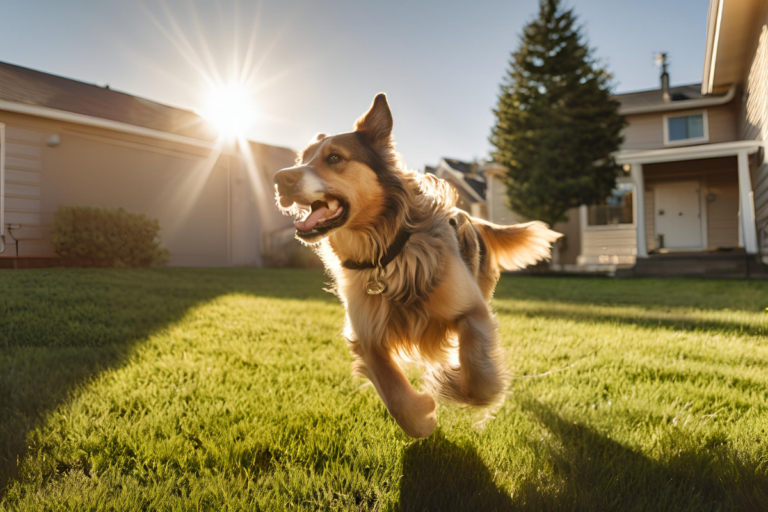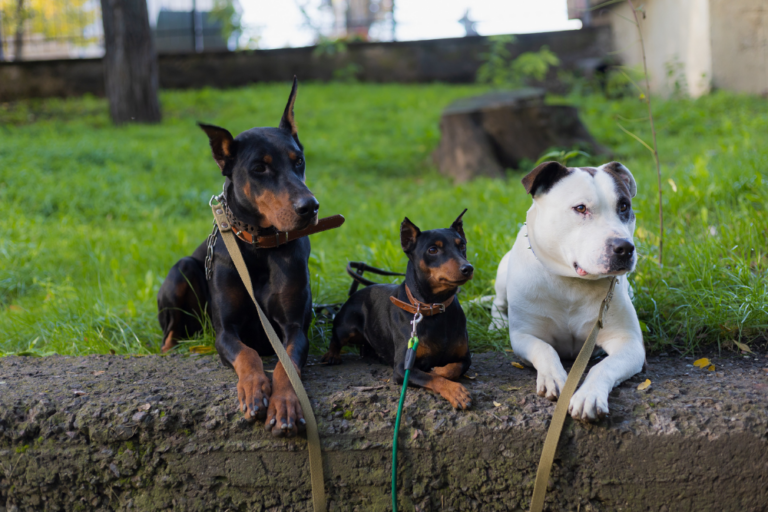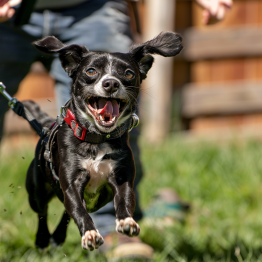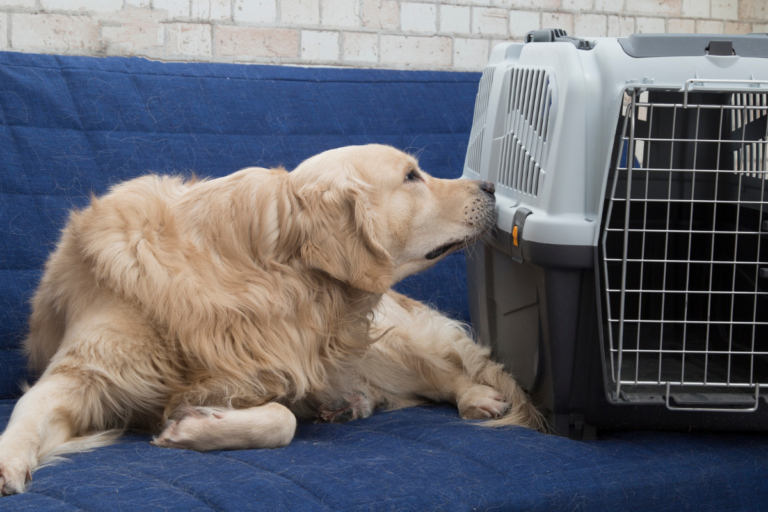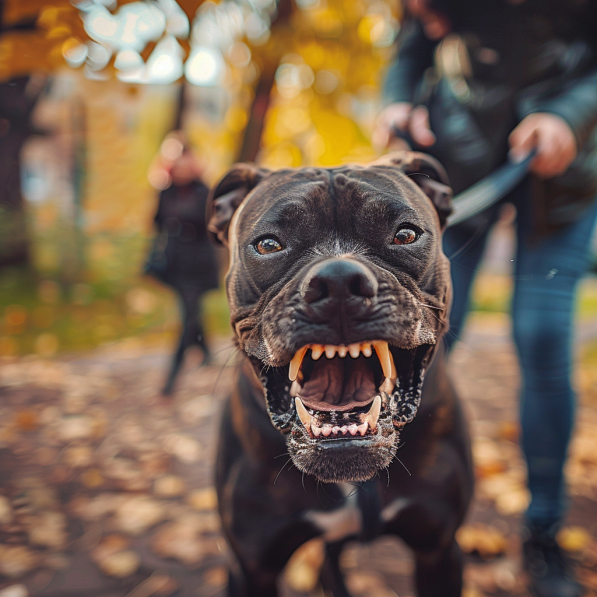Beta Dog Behavior
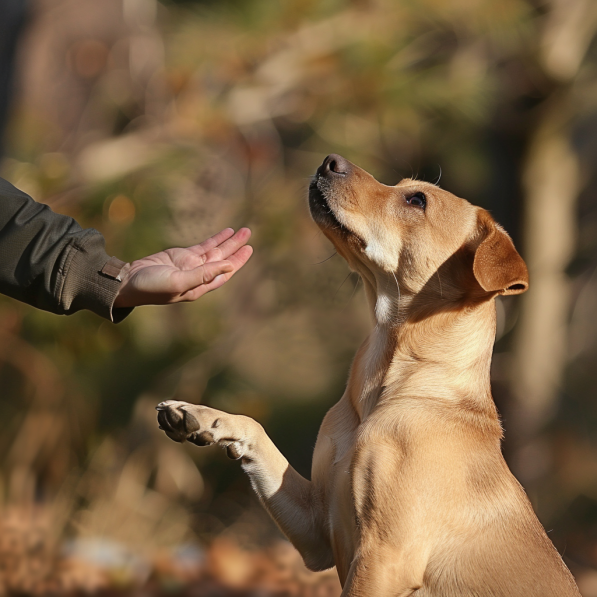
Beta Dog Behavior – Problem or Not?
The blessing:
Agility trainers, hunting dog trainers, protection dog trainers and others seeking a strong willed dog will often look for a dog exhibiting beta dog behavior for a few reasons. Number one, betas are rarely timid with tenacity and traits that make them mentally strong. Beta dogs are typically driven and in a pack, will enforce pack rules upon subordinate dogs. Proper task specific training and conditioning can assure a beta minded dog will thrive at many mentally demanding tasks. Often, these are jobs too intense for a more easy going, passive or submissive minded dog.
The curse:
Without clear leadership and training, strong minded beta dogs can be a real pain in the %*! for the average dog owner. Especially when they over exaggerate their position and constantly test authority. No we’re not talking every beta dog although all are quite capable of doing so. More on this in a moment, I just need to take a second and clear the air on a preliminary matter.
Clearing the air on domestic pack mentality..
Canine pack social structure is based on social hierarchy and while some may argue that’s not the case in domesticated dogs, I trust they don’t have a pack of 3, 4, 5 or more dogs in their home. Trying to maintain an unbiased position, I’ll agree that in homes with one or two dogs there may be zero signs of pack behavior. Yet often, single dog homes and those with two or three dogs can run into problems if a beta dog with pack mentality becomes confused.
With that thought in mind, have a chat with any sled dog musher and they’ll talk your ear off about dog pack behavior! It all comes out in the wash as they say, so being open minded, it’s fair to summarize that social pack hierarchy does exist in domesticated dogs and just may not be obvious or present within every home.

Phew..
Now that we’re clear on positions from both sides of the fence, I wanted to talk more about beta dog behavior and how it can manifest.
Reflecting back on my conversations with that musher I mentioned, it makes sense he’d pick a beta minded Malamute any day for his team.
Why? Beta dogs tend to enforce rules, have high drive and high energy. Sled dogs with beta dog behavior can be trained to pull while obeying commands and convey their skills to the rest of the team by body language and attitude. And also, enforce the rules with subordinate team mates while leading by example.
Learn How to Resolve Beta Dog Challenges – Download for FREE
Beta dog behavior, good or bad?
Dog lovers and enthusiasts seem to have different opinions on beta dogs, thinking, they’re middle of the road between the Alpha leader and Omega followers. I have to agree to this with exception. Disregarding problems such as fearful fighting and biting common with Omega dogs, (which we’ll talk about in another article), a dog with beta dog behavior is often the dog giving its owner the most trouble. I’m not going to label every beta minded dog a thug as often, beta dogs seem to fit the position the average pet dog occupies. Thinking out loud, there have been hundreds of situations over the years where I’ve seen problems like aggression, dominance, refusal to listen, running off, and more. Eight out of ten times, a hard headed, driven dog with a warped beta dog behavior mindset was at the route of the problem.
Ironically and as you’d expect, lack of proper socialization and little to no basic obedience training was often the case in each situation. Being fair I’ll admit.. it’s plausible beta dog behavior alone was not the only problem. Yes, in many cases problems result from a combination of confused beta attitude and a lack of leadership and training. C’mon, we can’t blame it all on the dog now, can we? 😉
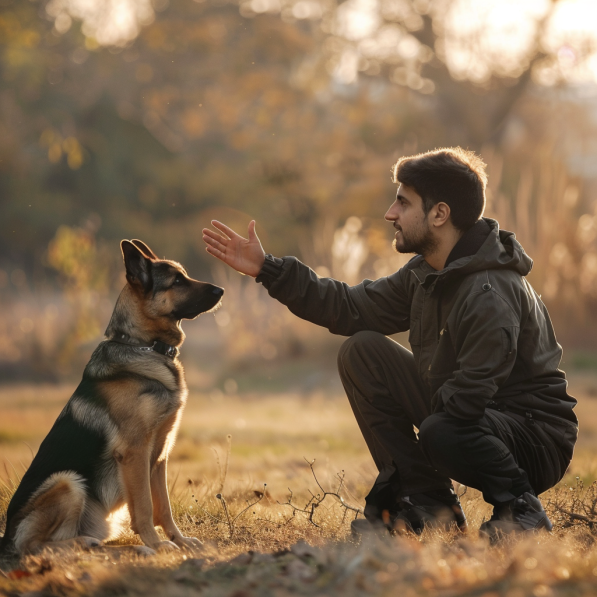
Typical Unruly Beta Dog Behavior
If and when trouble begins with a beta minded dog you can have fits dealing with stubborn problems and bad habits that are difficult to break. Common problems such as aggression, dominance, refusal to obey commands, running off and more are often mistakenly associated with alpha dog behavior! A beta dog may:
- Challenge you with training to the point you think “He just doesn’t get it!”.
- Show dominance towards people, other dogs and animals.
- Mount other dogs as a form of dominance, jump up on people, even pee on a persons leg!
- Be possessive of items such as toy’s, sleeping areas, things and even people or whatever is viewed as prized or important.
- Cause a stranger to say, “That dog owns you, you don’t own him!”.
- Despise being controlled in any form, this is what makes training so tricky.
- Not “play nice” with other dogs which typically can escalate to aggression, biting and fighting.
- Go out of its way to get your attention which can include aggression towards other dogs and pets in your home.
- Cause frustrated owners to give up and release their dog to a shelter, rescue or the local dog pound.
- Yearn to be a pack leader yet doesn’t have the social skills to achieve it.
- Overcompensate with dominance to make up for their shortcomings in leadership skills.
- Frequently mark and often scratch at the ground to spread its scent.
Beta dogs that act out with bahavior issues like those listed above commonly do so from a lack of leadership. Without an alpha leader, a beta believes it is tapped for the position yet as discussed, lacks the social skills to achieve the alpha position. When there’s a clear leader, most betas will fall into rank and typically behave as expected. Of interest, when hierarchy is understood a beta dog may even act out to enforce pack rules to other subordinate dogs.

>> Discount supplies for pets Click to View! <<

Moving Forward
Moving forward with training and reconditioning of an unruly beta dog, you must begin to establish yourself and all humans as alpha pack leader. Nothing in Life is Free Training, (NILF Training), is a great training method and often used to deal with extreme alpha dog behavior. Dealing with borderline beta dogs using basic obedience training is where I would start. Tips and techniques on alpha dog training will also work for borderline betas.
Beta Behavior Overview
The classification of beta seems to fit most dogs in most families and is not typically a problem. Problems and bad habits can crop up with a dog that’s exaggerating its beta position and has warped pack hierarchy between humans and dogs. Commonly, in a pack of dogs, it’s the beta that will challenge for position, enforce pack rules and keep other dogs in line. As betas operate in a pack below an alpha, you must re establish yourself as alpha leader when dealing with troublesome beta dog behavior. Once you are viewed as alpha, your beta minded dogs should be less problematic. Remember, a beta may continue to challenge so reinforcing your position every so often will be required.
Beta dogs can be stubborn, bold and hard headed so keep the faith and don’t give up! Use additional related links we’ve provided to pull up training tips as suggested and as always, be a confident calm leader to a dog that’s over doing it with beta dog behavior.

